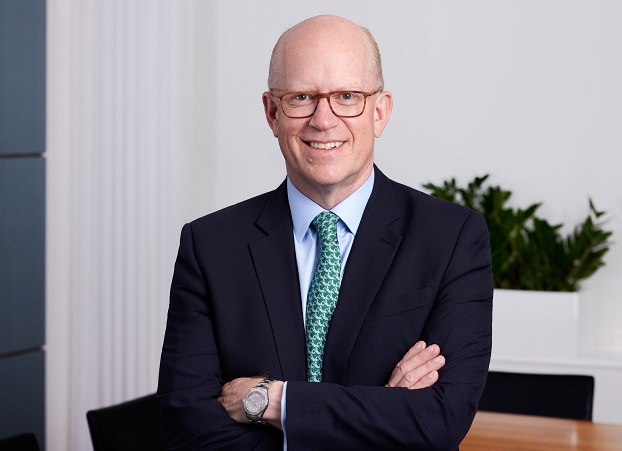Alexis Dupont, managing director, France Invest spoke to International Investment while attending the annual Patrimonia investment conference, on the objectives of the organisation as it seeks to bolster access for private markets investors to the French market, including international HNWIs and UHNWIs.
France Invest is positioned as the "voice of private equity, infrastructure and private debt" in the EU's second biggest economy, and as such seeks to support private companies by building bridges to financing of businesses.
Comprising a membership ecosystem of more than 400 financial management companies operating in France and some 180 consulting firms, it is led by Managing Director Alexis Dupont, who among other tasks is seeking to increase the visibility of this segment of the French economy among international investors.
"It is a very diverse ecosystem, from very local, small firms to international players," Dupont noted, describing it as a French equivalent of the BVCA, the British Private Equity & Venture Capital Association.
Thus, the role of the organisation includes research - producing reference data on the French market -- communicating on the alpha opportunities to investment professionals; engaging in regulatory issues; being active in training members to ensure that they are up to date on regulatory and legislative insights; and encouraging and supporting networking. Supporting these various objectives is a team of some 20 working alongside Dupont.
This year, for the second time, France Invest decided to attend Patrimonia on behalf of those it represents.
For Dupont, there is a mandate to go beyond just servicing existing individual members in France: it is about stepping up awareness beyond the local to the international level, as well as addressing the retail investor stakeholder group looking to the asset classes represented.
"We see an important role doing this," he said.
Addressing retail investors is linked to education, especially when looking to the broader international market and answering questions about, for example, what the PE industry is doing to assist small and medium sized enterprises in France.
More communications around retail aspects of private markets is on the agenda of the organisation, alongside engagement with legal/regulator developments. For example, France Invest engages with the AMF - Autorité des marchés financiers (AMF) - and the French Treasury on the so-called ‘retailisation' of private markets that once were the preserve of institutional investors only.
Through 2023, France Invest has addressed retailisation through e-learning for advisers and institutions and sees a continued need to be active in this field.
"People historically have looked to liquid, public investments. But advisers now need to address, for example, quasi-liquid facets in the retail space," he added.
"Retailisation is key for the French economy, and we are looking for a positive cycle of engagement."
On the international front, France Invest members have been active with international investors, mostly across Europe and some in Asia. However, over the next 5-10 years, Dupont sees a growing international expansion in the work carried out by the organisation. This includes explaining French specificities to investors based elsewhere, including what Dupont describes as France's position as the premier Continental European jurisdiction for private markets, with its deep ecosystem including many GPs.
There is also explaining to be done in respect of regulatory developments. Here, Dupont feels the organisation not only is close to the decision makers but sees benefit in being supportive of regulatory objectives: fostering innovation that in turn can lend support to broader EU objectives. The upside for the French ecosystem is that such developments help it too.
From the perspective of comparing Europe to the US, and the system as it works there to encourage private investments into sectors such as defence and technology, it does look as if private investments can achieve objectives that public investments cannot, Dupont notes. Similarly, he adds that the French government is being helpful as it seeks to emulate the way enterprises can be capitalised.
The nearer and longer-term objectives of France Invest suggest that Dupont and his colleagues are set to spend more time on the road. Indeed, he stresses that this is "likely".
Germany, Spain and Italy are seen as the most immediate markets outside France to address with further activities, as they are physically close and offer an opportunity to build on already established relationships in respect of private markets engagement.
The Nordic region and the UK are seen as the closest non-Continental markets of interest, followed by the Middle East, Canada and the US.
Asia is interesting, primarily Korea, Japan and China. There is an element of factfinding to be done. China may be seen by some international investors as more challenging these days, but from the perspective of private markets Dupont argues "why not?" in respect of building two-way understanding.
In terms of distribution of opportunities, Dupont flags up the role of family offices as top investors in the private markets industry. They can be close to vehicles such as fund-of-funds and can take a hands-on approach to investments - liaising with private company management. Additionally, when they cash out of private investments, they can return as investors in other ventures.










